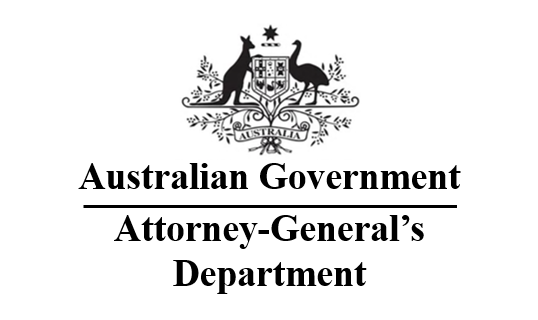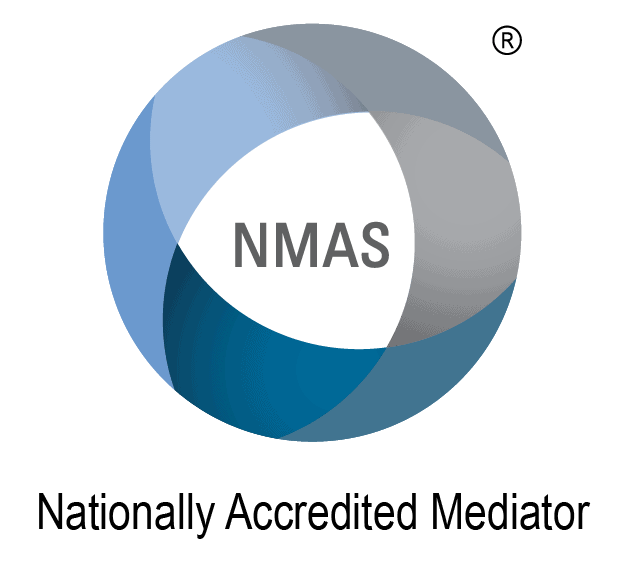Family Dispute Resolution & Mediation
Taking Care…in helping resolve your dispute
TC Mediation
Why TC Mediation?
Safe and respectful
Providing a safe and respectful environment allowing effective dispute resolution and help you reach an agreement.
Affordable and accessible
Independent and professional mediation services at 10-20 % lower rates than most private mediators.
No waiting list
There is no waiting list to begin the process. Online mediation services allow you to start sorting out your disputes without delay.
FDR Mediation
About TC Mediation
Tatiana is a Family Dispute Resolution Practitioner registered with Attorney-General’s Department, pursuant to the Family Law Act 1975 (Cth) and a Nationally Accredited Mediator (NMAS).




Family Law Mediation
Mediation services
Appointments
Book a FREE Call back to discuss your dispute
Why Family Dispute Resolution /Mediation, and not Family Court?
Mediation provides safe and respectful environment allowing effective dispute resolution and help you reach an agreement.
Mediation is voluntary process. Any agreement reached in mediation is voluntary.
Mediation allows timely conflict resolution for a fraction of a cost of court legal fees.
In mediation you have self-determination advantage, YOU drive the process and in control of the outcome. In court you get none of these.
Mediation can help you reach mutually satisfactory and sustainable agreements. Very rarely both parties are satisfied with court orders.
In Dispute Resolution process your voice is heard. In court pretty much the only time your voice is heard is when you are in the witness box.
Mediation offers safe and respectful platform for developing mutual understanding of the issues, negotiations and moving from conflict towards resolution.
Both Parenting And Financial Mediations are focused on the needs of the children involved, often avoiding lengthy and expensive court processes and reducing financial and emotional stress for the parties and the children.
FAQS


